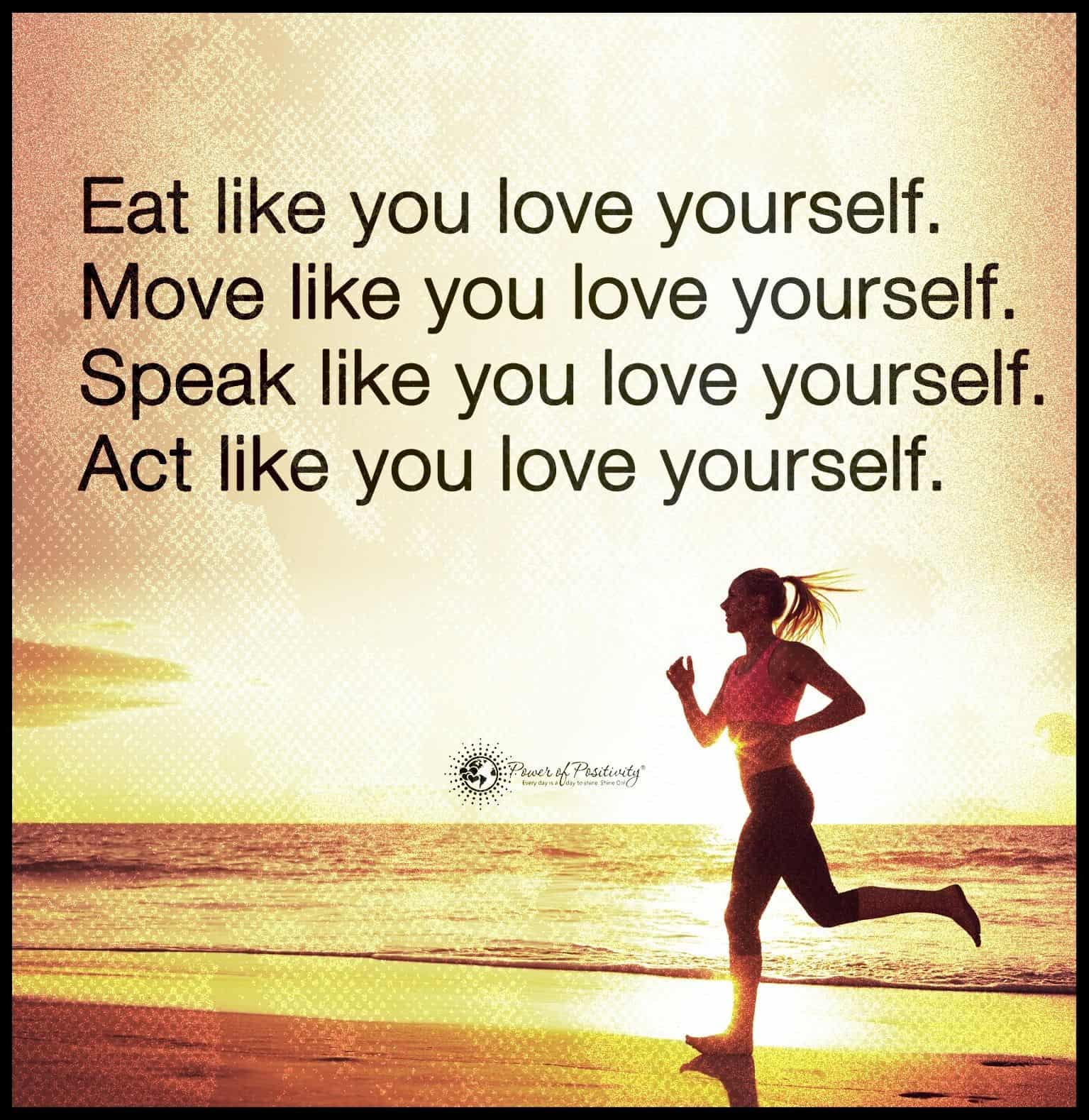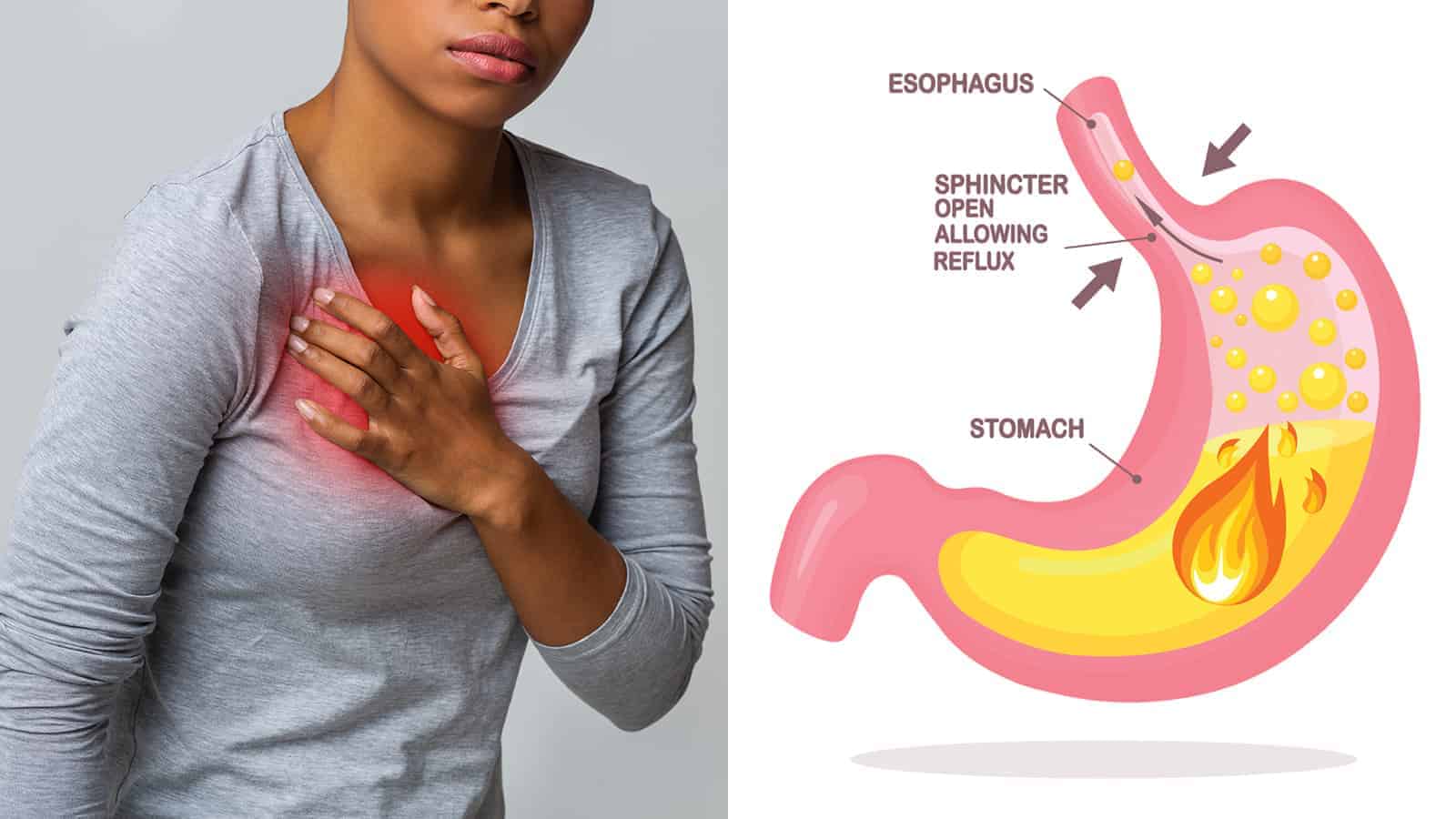Are you looking for ways to manage and avoid heartburn? Rest assured, you’re in good company.
Heartburn is a pervasive issue that affects approximately 15 million people across America, according to the American College of Gastroenterology. It results from acid reflux, which is a problem that involves stomach acid being pushed up into the esophagus.
Heartburn is extremely uncomfortable and results in a burning sensation in the chest area. Those who deal with this pain often struggle to manage it or reduce its symptoms. In severe cases that occur over two times per week, this is a symptom of Gastroesophageal Reflux Disease.
Are you one of the many, many who suffer from heartburn? Well, get your positive thinking on because we’re here to help. Here’s how scientific research studies conducted by experts and doctors reveal 4 ways to avoid heartburn and 5 best ways to treat it.
Four Pointers on How to Avoid Heartburn
The best way to cope with acid reflux? Don’t get it! Here are four things to try to avoid heartburn.
 1. Don’t Overeat
1. Don’t Overeat
Overeating is probably one of the main causes of heartburn, especially if you experience this problem on a frequent or chronic basis. To understand why we must first understand how the esophagus works.
The esophagus is located behind the heart and windpipe and measures about 8 inches in length. Lined with mucosa, a kind of pink tissue, this muscular tube has the simple job of connecting the throat and stomach. When it opens into the stomach, there is a muscle called the esophageal sphincter. This tissue is essentially a ring-like structure that works like a valve.
The esophageal sphincter’s job is to prevent the rising of stomach acid into the esophagus. It is meant to stay shut for the most part, except for when you throw up, swallow, or burp. But when the esophageal sphincter weakens, the gas and acid from the stomach can seep through, resulting in acid reflux. Or, as we’re calling it today, heartburn. Excessive pressure on the esophagus can also cause a similar effect.
When you eat, the esophageal sphincter opens and closes with more regularity. Weakened “valves” can have difficulty bouncing between the shut and open positions. This is why a lot of heartburn occurs during or after meals. Furthermore, studies suggest that large meals can make it worse. The Gut journal’s “evidence-based appraisal of reflux disease management” indicates that this is one of the biggest factors in positive heartburn prevention.
2. Reduce Your Coffee Intake
When you drink coffee, its components cause certain parts of the body to weaken. Specifically, this happens to the lower esophageal sphincter, which essentially means that acid reflux has a higher chance of occurring.
More research is needed to link coffee to heartburn properly, but so far, research shows that:
- The change in pressure on the sphincter of the lower esophagus after drinking coffee can aggravate or even cause heartburn, according to a study in the Gastroenterology journal.
- Caffeine may be the main culprit within coffee that leads to this result, according to a study in the Diseases of the Esophagus journal that was conducted on healthy participants.
- The consumption of decaffeinated coffee has a lower chance of triggering heartburn or results in a less severe experience of it among reflux patients, states a study published in the Alimentary Pharmacology & Therapeutics journal.
- Another research paper in the Alimentary Pharmacology & Therapeutics journal found that the method of preparation of coffee may also have positive or negative effects on the occurrence of heartburn. However, exact links have yet to be determined.
It’s worth noting that different people have different reactions to coffee, and some people might not experience any heartburn after consuming coffee, while others feel their symptoms worsen considerably. As such, you should monitor your own response to coffee first before coming to conclusions!
3. Maintain A Healthy Weight to Avoid Heartburn
The diaphragm is responsible for many different functions, but one of them is strengthening the lower esophagus’s sphincter. Excessive belly fat can result in abdominal pressure that pushes the sphincter upwards, moving it too far away from the diaphragm to be of much support. There’s even a term for this problem: hiatus hernia.
Studies on this topic show that:
- Obese individuals have a higher risk of heartburn, which is likely due to their excess belly fat, says a study published in the Digestive Diseases and Sciences journal.
- Carrying extra weight in the abdomen can increase the risk of developing heartburn and other reflux disorders, as reported by a study in The American Journal of Medicine journal.
- Pregnant individuals are also at a higher risk of heartburn due to their swelling tummies, according to research published in the Minerva Ginecologica journal.
- Losing weight, especially around the belly, can have positive effects on heartburn, relieving its symptoms and lowering your risk for it, states a JAMA Internal Medicine study.
4. Reduce Citrus Juice Consumption
Citrus juices are usually full of healthy vitamins, and they taste great, but if you have heartburn, partaking of these delights can worsen your symptoms. It’s a little less understood why exactly this happens, but most experts and expert-led research seem to agree on this subject that a link does exist. Here are some facts that we do know:
- Juices like grapefruit or orange juice can result in the worsening of symptoms of heartburn, says a study in the Gastroenterology journal conducted on 400 patients with Gastroesophageal Reflux Disease.
- Citrus doesn’t affect the lower esophageal sphincter, found a study published in The American Journal of Gastroenterology, meaning it is more likely that aggravation of the esophageal lining is to blame here.
- Acidity alone isn’t the sole source of this symptom aggravation from citrus fruits, as research also published in the Gastroenterology journal found that even neutral pH orange juice had similar results.
 How to Fix Heartburn, if You Already Have It
How to Fix Heartburn, if You Already Have It
Too late to avoid acid reflux? Here are five ways you can reduce the burning sensation.
1. Alter Your Current Position Or State
Sometimes, heartburn is minor and easily “treated” by making a minor adjustment or two to your current state. These adjustments take mere seconds and can often reduce or relieve heartburn symptoms significantly. Here are some of those changes to try!
· Straighten Up
The act of sitting or lying down can add to esophageal pressure, especially if you’re slouched or curled up when doing so. You can easily relieve this by standing up straight.
· Loosen The Clothes You’re Wearing
Tight clothes can put pressure on the esophagus and lead to stomach gasses entering it. Loosening your clothing is a great way to relieve some of that pressure. Whether it’s taking off a belt, loosening your pants, or untying a dress or skirt’s ribbon, this can help you significantly!
· Raise Your Upper Body
As aforementioned, lying down can add to esophageal pressure. If you absolutely need to rest or lie down, though, make sure you’re sleeping in a bit of an inclined position, with your upper body raised. An adjustable bed or wedge pillow is ideal, so consider investing in one if you deal with heartburn a lot.
2. Have Some Ginger
Ginger has been a staple of medicine for centuries, and it’s a traditional method of heartburn treatment that still rings true to this day. Many experts believe that due to its ability to relieve nausea, it may also be effective in heartburn treatment, though you will need to try it yourself to determine how positive its effects can be for you.
Not sure how to add ginger to your diet? Here are some ideas:
- Make ginger tea by steeping ginger root – dried and raw both work fine – or using ginger tea bags.
- Add ginger to soups, stir-fries, and other meals.
- Grate or dice ginger if you can’t stand too much of its taste
3. Chew Gum
Get heartburn after meals? Chew gum for half an hour after eating, and you might see reduced symptoms. Research published in the World Journal of Gastrointestinal Pharmacology and Therapeutics journal indicates a clear positive link between gum-chewing and heartburn reduction.
But why? Well, the act of chewing gum results in the production of saliva and the stimulation of swallowing. This can help clear out the esophagus from stomach acid or dilute the acid, so its effects are less severe.
4. Take A Licorice Root Supplement
Licorice root is generally considered a traditional, folk sort of treatment – the kind that has been used for decades, if not centuries. Why? There’s a chance that it will help increase mucus production to coat the lining of the esophagus more reliably. This can prevent stomach acid damage.
Of course, eating licorice candy won’t exactly help you. The trick lies in a supplement known as deglycyrrhizinated licorice or DGL. The supplement has reduced glycyrrhizin content to reduce licorice side effects, providing the benefits without too many downsides.
However, do note that you shouldn’t consume too much DGL, according to experts at the National Center for Complementary and Integrative Health. Excessive DGL consumption can cause:
- Medication interference
- Higher blood pressure
- Reduced potassium levels
Always speak to a medical professional before taking any supplements, even “alternative” ones like licorice root.
5. Take Medication
It may be necessary for those who experience severe or frequent heartburn to treat the problem with medication. Several over-the-counter options exist that can provide benefits to you. Some examples are:
- H2 Blockers, which reduce the amount of stomach acid secreted
- Antacids, which neutralize the acid of the stomach
- Proton pump inhibitors, or PPIs, which do the same thing as H2 blockers
Do note that severe heartburn or chronic acid reflux can be a sign of an acid reflux disorder that needs professional aid and treatment. If you think you may have Gastroesophageal Reflux Disease, you should speak to your doctor or relevant medical professional for diagnosis and advice.
 Final Thoughts On Some Ways To Avoid Heartburn and Fix It
Final Thoughts On Some Ways To Avoid Heartburn and Fix It
Dealing with heartburn requires a lot of pain tolerance, positive thinking, and remedies. For such a common problem, so much about it can be misunderstood. That’s why learning how to prevent properly – and, if necessary, treat – heartburn and acid reflux is important to those who regularly experience it.
Dealing with excessive heartburn? Talk to your doctor. Any heartburn experience three times or more every week is usually categorized as Gastroesophageal Reflux Disease. Most doctors will have a more effective form of treatment to offer you and additional advice on how to avoid heartburn.

















